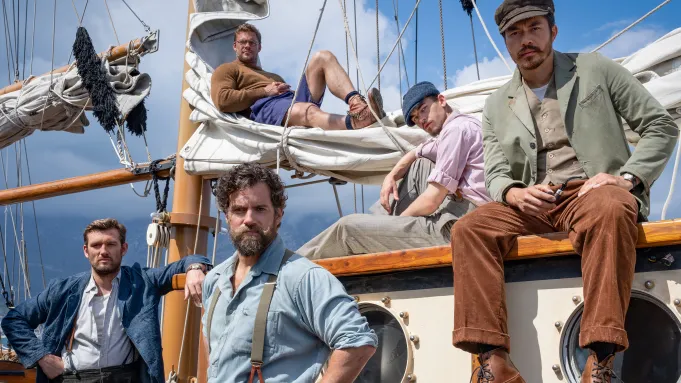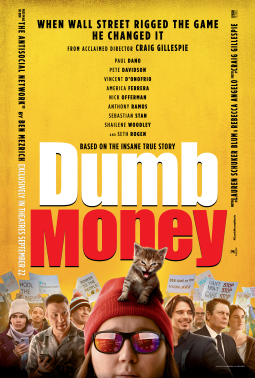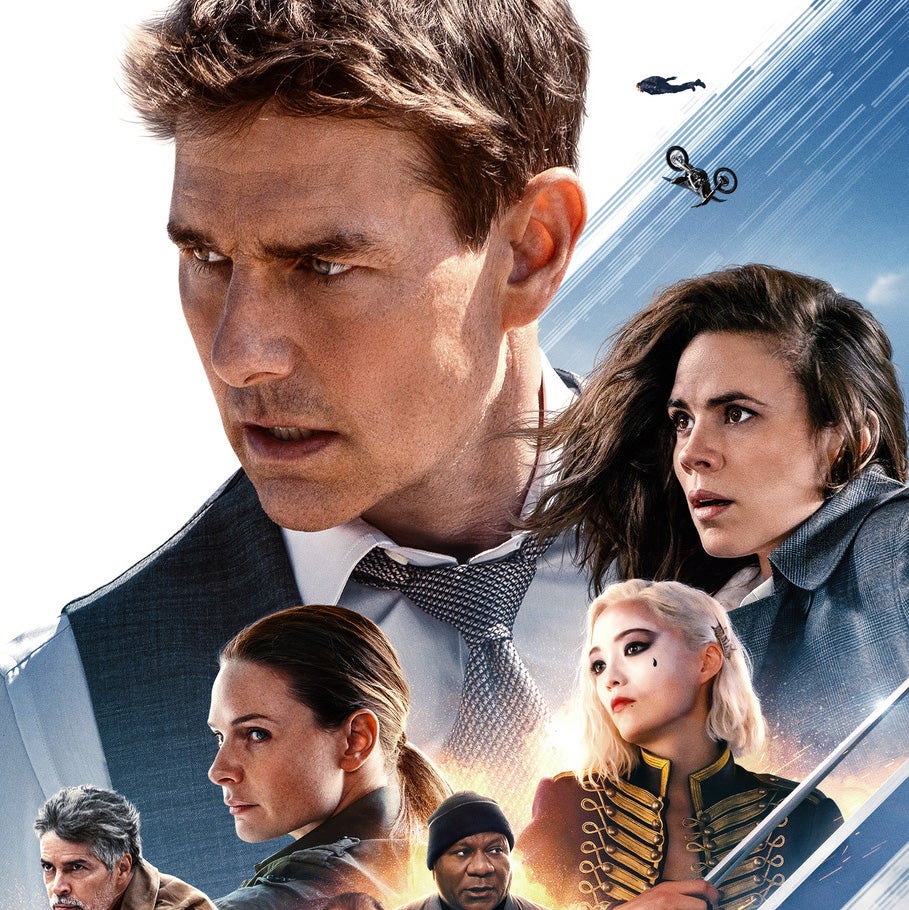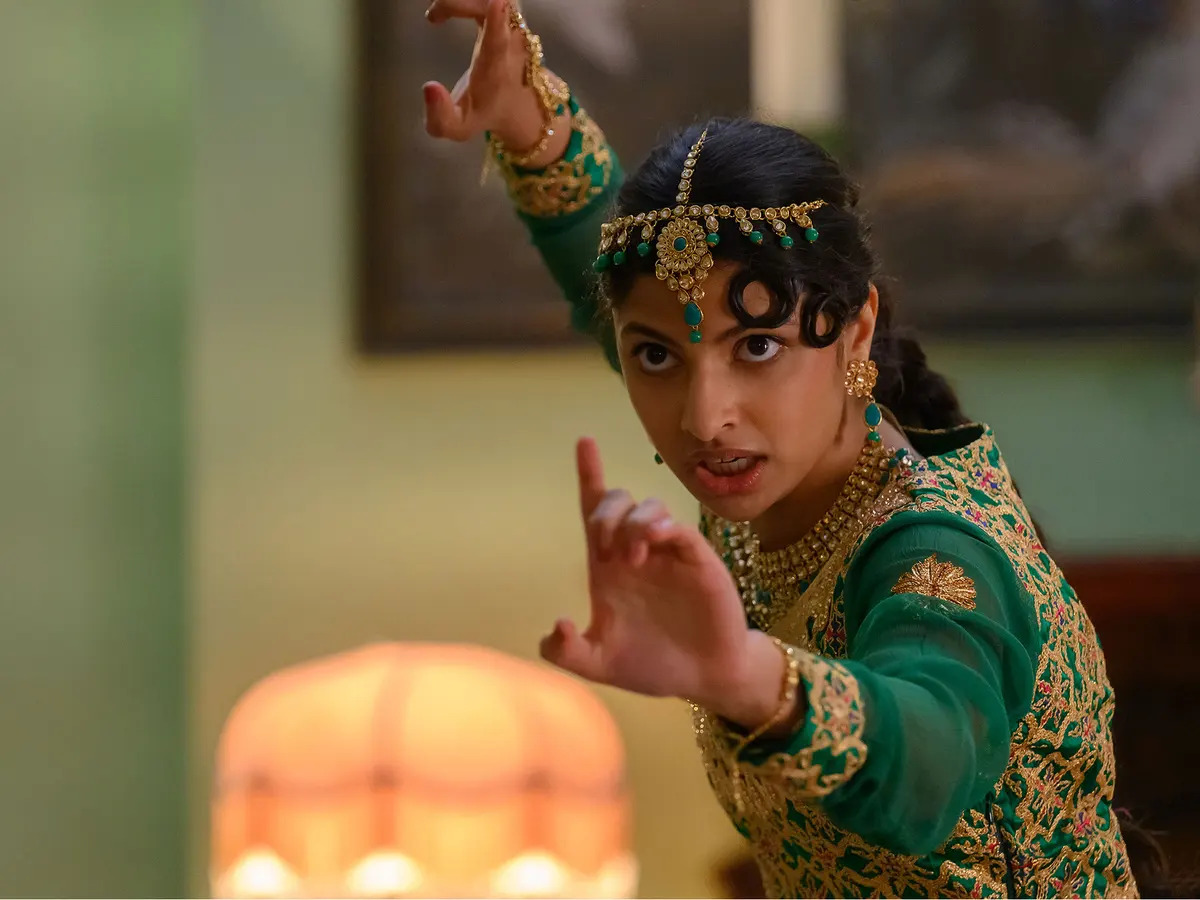Elizabethtown
Posted on October 11, 2005 at 6:27 pm
B| Lowest Recommended Age: | Mature High Schooler |
| Profanity: | Some strong language |
| Nudity/ Sex: | Sexual references and non-explicit situation |
| Alcohol/ Drugs: | Drinking and smoking |
| Violence/ Scariness: | Tense and sad scenes, attempted suicide, characters coping with loss |
| Diversity Issues: | None |
| Date Released to Theaters: | 2005 |
I’ve always suspected that a failed Cameron Crowe movie would be more entertaining than a successful movie by most Hollywood screenwriters, and this shows I was right.
Okay, Vanilla Sky was not exactly entertaining, but it wasn’t exactly a CC movie, either. In this movie, Crowe returns to what he does best, quirky, hyper-verbal characters stumbling through life passages to a killer soundtrack. Even though the movie itself does a lot of stumbling, it is still worth seeing, to enjoy the parts that work and figure out what is wrong with the parts that don’t.
Orlando Bloom plays Drew, who is experiencing in real life one of those situations that frequently crop up in anxiety dreams. He is a shoe designer. He designed a shoe that failed so spectacularly that his employer has lost almost a billion dollars. As he returns to the office and is escorted to the inner sanctum of the CEO (another brilliant performance by Alec Baldwin, happily enjoying himself as the character actor he was meant to be), we see the pitying “last looks” he gets from people so simultaneously horrified and mesmerized by the monumental proportions of his failure (and so relieved to think that the depths of his fall are so far beyond anything they could do wrong that at least for now, they are a little bit safer).
Drew has lost his job. He has lost his girlfriend. And then things really get bad. His sister calls. Their father has died. His mother needs Drew to go to Elizabethtown, Kentucky, where his father was visiting relatives, to make the arrangements.
And on the airplane, there is a flight attendant named Claire (Kirsten Dunst), who is every bit the unquenchable life force we feel entitled to look forward to in a Cameron Crowe movie.
And then things really get bad. All right, they’re still worse for Drew than they are for us, but then the movie begins to get muddled and Crowe completely loses control of the way his characters come across, particularly and most horrifyingly an awkward and clumsy memorial service that concludes with a scene even Susan Sarandon can’t make work. One reason Claire (note the name) is the only appealing character in the movie is that she is the only one who has no reason to be in mourning, so she is the only one who does not come across as oddly, ultimately chillingly, well, chilly. These people are not numb or in denial. They are just so frantically trying to show us how darned quirky and cute they are that they don’t seem to have noticed that there has been a loss.
Reportedly, a longer “unfinished” version of this film was derided by critics at the Toronto Film Festival and the movie was hurriedly recut before release. That might explain the disjointedness and inconsistency and the sense that the laws of time and space are suspended but only for some of the characters — while we and some of the characters were living through a couple of days, others seemed to have somehow gone through weeks worth of activity.
This contributes to the movie’s biggest stumbling block — the sense that the characters are not experiencing any of the emotions we associate with a devastating loss. They all seem much too chipper and self-consciously (and cloyingly) quirky and adorable, but they just come across as distant and self-involved. And the movie takes un-Crowe-ish cheap shots at its own characters, especially a too-cute bridal couple having a wedding blow-out at Drew’s hotel.
There’s a movie in there someplace worth seeing. In the meantime, there are parts of this one, especially Dunst and the soundtrack, that make the rest of it worth sitting through.
Parents should know that the movie has some tense and emotional moments, including an attempted suicide and an open-casket. There is some strong language and characters drink and smoke. The movie includes sexual references and a non-explicit sexual situation.
Families who see this movie should talk about why Drew’s mother was uncomfortable with her husband’s family and what Drew learned from his time with his father’s relatives. Why was it important to the story that Drew experience professional failure before experiencing personal tragedy? Why was it hard for him to mourn? Why did Crowe include the wedding party as a part of the story? If you were going to create a journey (complete with soundtrack) for someone you cared about, where would it be and what would you include?
Families who enjoy this movie will also enjoy Crowe’s Almost Famous and Say Anything.






